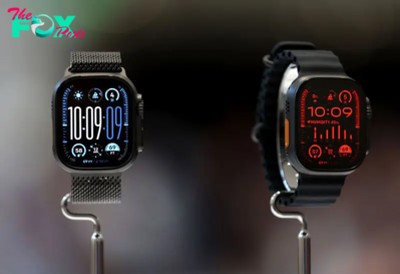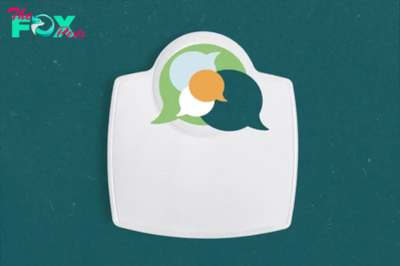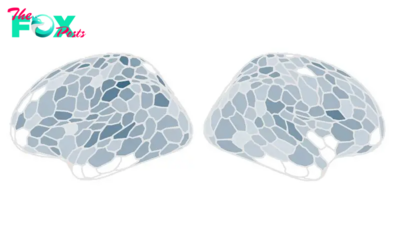Health
Color-blind people may be less picky eaters. Here's why.
The seventh season of Julia Child's "The French Chef," the first of the television series to air in color, revealed how color can change the experience of food. While Child had charmed audiences in black and white, seeing "Bouillabaisse à la Marseillaise" in color helped elevate the experience from merely entertaining to mouthwatering.
I am a psychologist who studies visual abilities. My work, through a serendipitous research journey into individual differences in food recognition, uncovered a unique role for color in emotional responses to food.
People vary in their ability to recognize food
This journey started when my students and I measured how people vary in their ability to recognize images of prepared food. Over the past 20 years, we and other researchers have learned that people vary more than originally suspected in how well they discriminate and identify objects, like birds, cars or even faces.
It seems obvious that some people know more than others about birds or cars. Yet, interestingly, there is as much variation in face recognition ability, even though virtually every sighted person has experience seeing faces.
Experience with food is also universal. We were curious how much people would vary in their ability to recognize food items. Our tests simply ask people to match images of the same dish among similar ones, or to find the oddball dish among others. People vary a great deal on these tasks, and some of this variation is explained by a general ability to recognize objects of any kind.
But a portion of the food recognition differences among people was not explained by this general ability. Instead, we speculated that this variability may be related to people's attitude toward new foods. People who strongly endorse statements like "I don't trust new foods" or "I am very particular about the foods I eat" have what's called food neophobia. It can lead to poor diet quality, resulting in nutritional deficiencies and higher risk of chronic disease.
As we predicted, we found that picky eaters scored worst on our tests of food recognition: Food neophobia is negatively correlated with food recognition ability.
-

 Health6h ago
Health6h agoAirPods and Apple Watches Will Soon Come With More Health Features
-

 Health1d ago
Health1d agoWhy do we forget things we were just thinking about?
-

 Health2d ago
Health2d agoEndometriosis pain leads to missed school and work in two-thirds of women with the condition, new study finds
-

 Health2d ago
Health2d agoPhilly residents with opioid addiction get medication from the ‘bupe bus’ − creating a path for treatment
-

 Health2d ago
Health2d agoMindfulness meditation really does relieve pain, brain scans reveal
-

 Health2d ago
Health2d agoSaline nose drops may shorten colds and cut transmission, trial hints
-

 Health3d ago
Health3d agoLess than 1% of abortions take place in the third trimester – here’s why people get them
-

 Health3d ago
Health3d ago15 Things to Say When Someone Comments on Your Weight



















